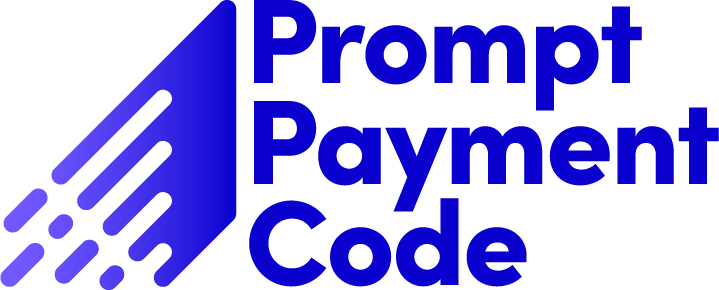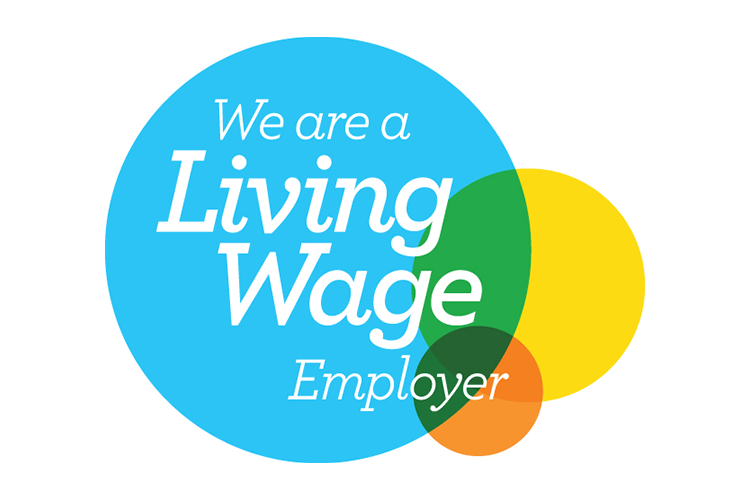Can businesses have GDPR compensation claims made against them?
Under GDPR, individuals have the right to receive compensation for damages suffered as a result of a data protection violation. This means that if a business is found to have acted in violation of GDPR, it can be held liable for any damages suffered by individuals as a result of that violation.
Examples of financial losses that may be claimed include:
- Loss of earnings: This can include loss of income or profits as a result of a data protection violation, such as if an individual loses their job or is unable to work due to the violation.
- Damage to reputation: This can include the cost of repairing damage to an individual’s reputation as a result of a data protection violation, such as if an individual’s personal data is leaked or shared without their consent.
Examples of non-material damage that may be claimed include:
- Distress: This can include emotional distress or mental suffering as a result of a data protection violation, such as if an individual is distressed by the mishandling of their personal data.
- Emotional suffering: This can include the cost of therapy or other forms of support required to cope with emotional suffering as a result of a data protection violation.
- In addition, legal costs may also be claimed, such as the cost of hiring a lawyer to pursue a claim.
It’s important for businesses to understand that GDPR compensation claims can be made not only by individuals, but also by other organisations that have suffered damages as a result of a data protection violation.
How do I minimise the risk of claims made against by business?
To minimise the risk of compensation claims, businesses should have robust data protection policies and procedures in place and ensure that they are compliant with GDPR regulations. They should also have appropriate technical and organisational measures in place to protect personal data and have a robust incident response plan in place. Businesses should also be transparent with individuals about how their data is being used and obtain explicit consent when necessary. Additionally, having liability insurance that covers GDPR related claims is a good way to mitigate the financial risks.
How do I financially protect my business against a GDPR claims?
To financially protect businesses against GDPR claims, they can produce a provision for the company accounts to reflect a small percentage of the likely level of claims, specific to the business, by performing a comprehensive questionnaire with a Data Privacy Lawyer. By doing this, businesses can reduce the profits that are subject to tax in order to reflect these potential claims on the balance sheet.
If you would like to know how your business can accurately value the data that you hold and learn how to account for this within your business then please get in touch at info@mavensolutions.co.uk












